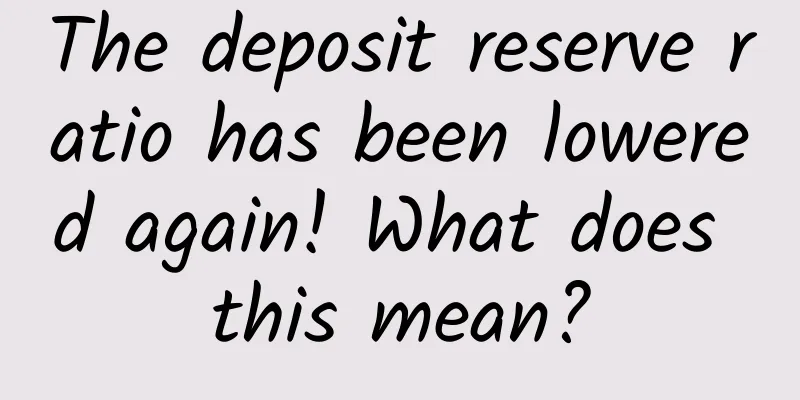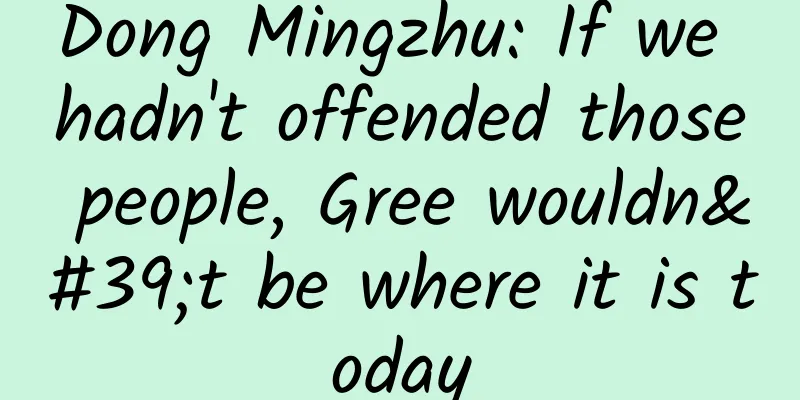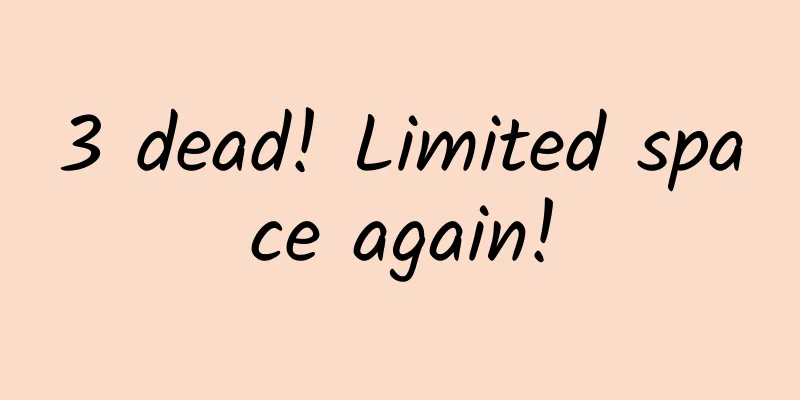The deposit reserve ratio has been lowered again! What does this mean?

|
On Monday, the People's Bank of China announced that it would reduce the deposit reserve ratio by 0.5 percentage points from December 15, 2021. The weighted average deposit reserve ratio of financial institutions will be 8.4%, releasing about 1.2 trillion yuan of funds to the market. Many children asked me: What does the deposit reserve ratio mean? The deposit reserve ratio is set up by the state in order to control financial risks. When the financial sector is overheated, the state will raise the reserve ratio to cool down the economy. When the economy is under pressure, the state can also lower the reserve ratio to stimulate the economy through money supply. The banking monetary system is very complex, including cash in circulation, demand deposits, time deposits, securities, securities margin, etc. A country will have many commercial banks and a central bank. For example, China has five major commercial banks, namely, Industrial and Commercial Bank of my country, Agricultural Bank of China, Bank of Communications, China Construction Bank, and Bank of China, as well as many joint-stock banks such as China Merchants Bank. These banks are all for-profit and provide deposit and loan services to residents and enterprises. The People's Bank of China is the central bank of my country. It does not handle personal and corporate business, but only connects with, supervises and manages commercial banks. It is a government agency. To simply explain the principle of the reserve ratio, let's assume that a country has only one commercial bank and one central bank. One day, a child A in this country deposits 100 yuan in cash into a commercial bank, and the commercial bank has 100 yuan in assets and 100 yuan in liabilities. It can lend this 100 yuan to others. Since the loan interest rate is higher than the deposit interest rate, the bank can make a profit through the difference between deposits and loans. However, if commercial banks use all deposits for lending, if A comes to withdraw money, the bank will have no money to pay. Once one person cannot withdraw money, the news will spread quickly throughout the country, and everyone will go to the bank to withdraw money, causing a run, which is fatal to any banking system. A run on the Union Bank of America in New York City on April 26, 1932 Therefore, in order to ensure the security of the banking system, the state requires commercial banks to deposit a portion of their deposits in the central bank designated by the state to ensure the smooth withdrawal of funds from banks. The proportion of this portion of deposits is called the deposit reserve ratio. For example, if the country's deposit reserve ratio is 10%, then commercial banks must take out 10 yuan out of 100 yuan in deposits and deposit it into the central bank's margin account. Only the remaining 90 yuan can be loaned out to obtain a profit from the difference between deposits and loans. Obviously, the higher the deposit reserve ratio, the less likely a bank run will occur, but the less money available for lending. The lower the deposit reserve ratio, the more money available for lending, but the greater the financial risk. We assume that the commercial bank loaned all the 90 yuan to child B, who is an entrepreneur. After receiving the 90 yuan loan, he hired worker C to make toys for his company and paid 90 yuan to C as salary. C was very happy after receiving the salary, but he was not in a hurry to spend the money, but deposited it into the commercial bank again. In this way, the 90 yuan loan has been circulated once and returned to the bank. Since the 90 yuan is a new deposit, the bank can use it to make loans again. But don't forget that commercial banks must deposit 10% of the 90 yuan as deposit reserves with the central bank, and the remaining 81 yuan can continue to be used for lending. According to this rule, commercial banks can lend out this money in rounds, depositing 10% of the new deposits in the central bank as reserves each time, and lending out the remaining 90%. In theory, after unlimited lending, the total deposits obtained by the bank are: S=100+90+81+72.9+…=1000 yuan! You see, initially, kid A only deposited 100 yuan. With a deposit reserve ratio of 10%, the bank can lend money unlimitedly. Ideally, commercial banks can obtain 1,000 yuan in deposits and loans, and obtain a tenfold leverage. This money is on the bank's books and in every resident's mind: everyone thinks they have deposits in the bank, and the total amount of these deposits is 1,000 yuan. We can summarize this conclusion into a formula: You see, when the original deposit (original currency) S0 is constant, the smaller the reserve ratio P, the greater the bank's total deposits (total amount of money) S will be in the end. By 2021, my country's total residents' deposits S will be approximately 230 trillion yuan. The deposit reserve ratio P will be reduced by 0.5% from December 15, 2021. The reserves released after the reserve ratio cut will be 230 trillion yuan x 0.5% ≈ 1.2 trillion yuan. After commercial banks take back the 1.2 trillion unfrozen reserves from the central bank, they will put the money into the market. Part of it can be used to repay the medium-term lending facility (MLF), and the other part can enter the deposit and loan cycle just described and be amplified through the money multiplier. Some people say: Isn't this a bubble? Actually, not necessarily. If in this process, the circulation of money goes through the production process, and the production process creates value, the social wealth increases, and the increase in the total amount of money is reasonable. However, if this process does not create any value, but just a game of money flowing in and out, there is a bubble, and finance is facing risks. Source: Mr. Li Yongle |
<<: Get to know an insect every day: Hemispheric shield bug, Wang's notched green moth...
Recommend
Small knowledge, big questions! Why do common fans only have 3 blades?
One leaf fan is invisible Two-blade fans are rare...
The sun sneezes, and the spacecraft is caught in the crossfire
The increasing frequency of human space activitie...
Why are there always so many small animals around capybaras?
If life is a game, then friends are the most spec...
Hello "F9C22", warm welcome!
Sometimes diving to the bottom of the water, some...
The correct way to “value” social apps
“This is a social APP that will subvert WeChat!” ...
The launch of the Webb telescope has been postponed again. Why are we so looking forward to it?
According to the latest announcement from the Nat...
How much does it cost to develop a men's clothing mini app in Wuzhong?
WeChat Mini Program is an application that users ...
How to establish a new user growth system?
As traffic becomes more and more expensive and cu...
What are the differences between COVID-19, colds and flu? A picture shows how to quickly identify them!
In the absence of nucleic acid and antigen testin...
Ali Baichuan is here: Who might have a headache?
Yesterday, Alibaba Wireless launched the Baichuan...
4 ways to improve the user operation system!
We can think of the user operation system as a bi...
Learn open source projects: LeakCanary-How to detect whether Activity is leaking
OOM is a common problem in Android development, a...
How much is a carnival in RMB? Detailed list of 2021 Douyin gift prices!
People who often watch Douyin live broadcasts are...
Traffic War: How do I operate e-commerce on JD.com (Part 1)
Beijing has been sunny in recent days, and people...
China Passenger Car Association & Anluqin: The new four modernizations index of passenger cars in April 2020 is 53.8
The Passenger Car New Four Modernizations Index, ...









